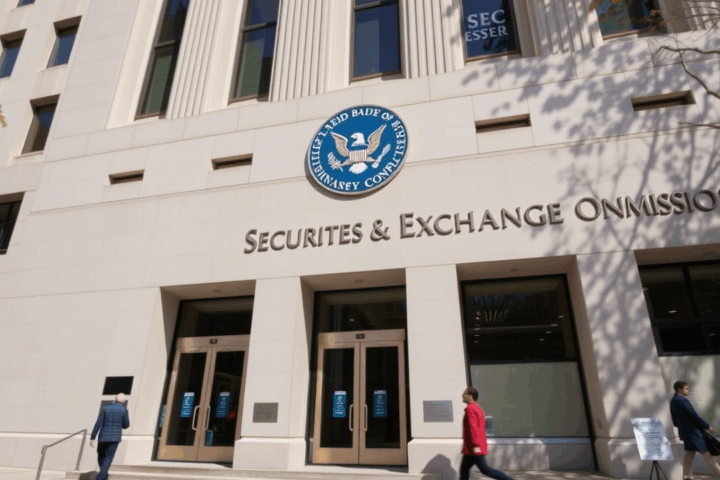U.S. Deputy Treasury Secretary Wally Adeyemo recently brought critical issues to the forefront as he testified before the Senate Committee on Banking, Housing, and Urban Affairs, shedding light on the imminent national security risks posed by cryptocurrencies.
Highlighting the misuse of cryptocurrencies by nefarious entities to evade sanctions, Adeyemo emphasized the urgent need for additional tools to safeguard the American populace.
The Treasury’s statement mentioned a historical instance of a Bitcoin money laundering network operated by al-Qaeda, as well as transactions involving the Islamic Revolutionary Guard Corps-Quds Force, Hamas, and the Palestinian Islamic Jihad.
“Over the past several years, we have seen terrorist groups trying to take advantage of innovations in cryptocurrencies. For example, five years ago, al-Qaeda and affiliated terrorist groups, largely based out of Syria, operated a Bitcoin money laundering network using social media platforms to solicit cryptocurrency donations. After receiving virtual currency, they laundered the proceeds through various online gift card exchanges to be able to purchase what they needed to advance their violent agenda,” the statement said.
Moreover, it pointed fingers at state-level actors such as the Democratic People’s Republic of Korea (DPRK) and Russia.
Of notable mention in the statement was Tether, a cryptocurrency firm that according to Adeyemo’s testimony was allegedly exploited by Russia to bypass sanctions and sustain its military activities amid its war with Ukraine.
“We’ve seen Russia increasingly turning to alternative payment mechanisms—including the stablecoin Tether—to try to circumvent our sanctions and continue to finance its war machine,” Adeyemo said.
The Shib Daily has reached out to Tether for comments on the matter and this article will be update once a response is received.
Adeyemo’s remarks outlined reforms aimed at mitigating jurisdictional risks posed by offshore crypto platforms and introducing secondary sanctions targeting foreign digital asset providers facilitating illicit finance.
These proposed measures initially advocated for in November, aim to establish a regulatory environment deterring terrorists, criminal organizations, and rogue states from exploiting virtual currencies. Adeyemo emphasized that such regulations not only thwart illicit activities but also foster a conducive ecosystem for legitimate businesses to prosper in the long run.










